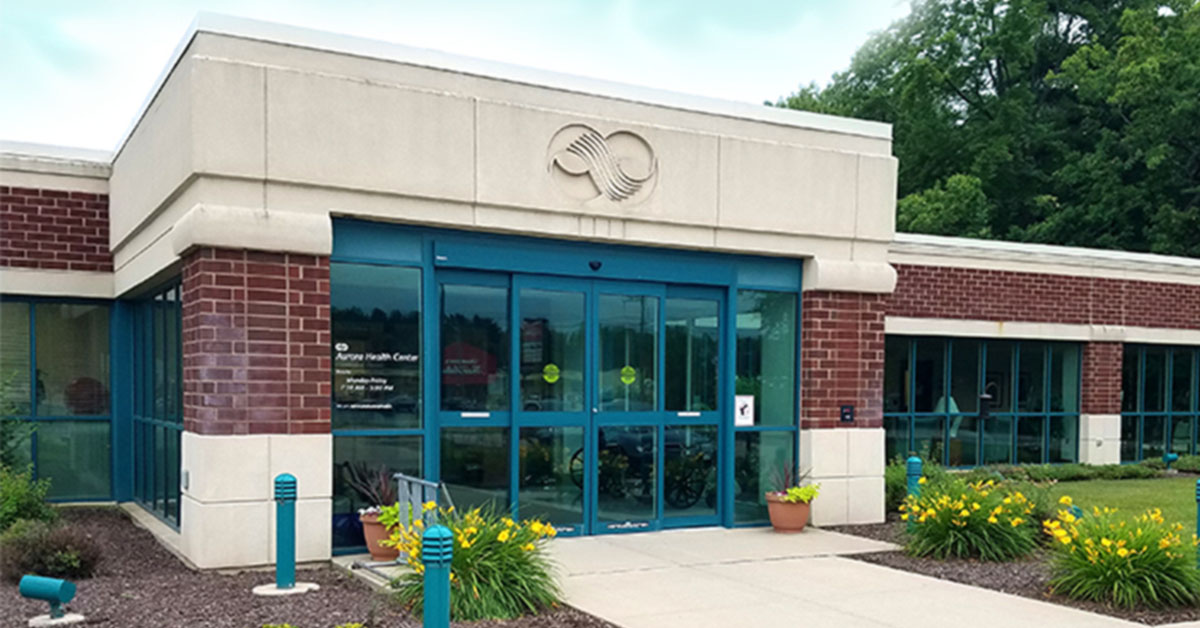Interventional Cardiology
Cardiology
Cardiac catheterization experts
Interventional cardiology is a specialized field within cardiology that deals specifically with catheter-based treatments of structural heart diseases.
Catheterization can be used for many common heart procedures. Typically this involves the insertion of a small, flexible tube into a groin or arm artery which is fed through the body to the heart. An interventional cardiologist uses this device for such things as to gather information, take pressure measurements, collect images of the heart’s arteries and repair arterial blockages.
Interventional Cardiology Treatments
Aurora BayCare Cardiology’s interventional cardiology team performs more radial artery (wrist) cardiac catheterizations than any practice north of Milwaukee, and we were the first in the region to offer this procedure to patients.
Other interventional cardiology treatments include:
- Diagnostic cardiac catheterization and angiography
- Coronary angioplasty (PTCA)
- Coronary stenting
- Balloon angioplasty
- Intravascular radiation therapy
- Directional and rotational atherectomy
- Closure of patent foramen ovale (PFO)
- Closure of atrial septal defects (ASD)
- Intravascular ultrasound (IVUS)
- Mitral and aortic valvuloplasty (PTAV/PTMV)
- Ventricular septal defect (VSD)
Our interventional cardiologists have mastered the most advanced treatments available and perform the full breadth of interventional cardiology tests and procedures. Each Aurora BayCare Cardiology interventional cardiologist holds at least two board certifications.
The interventional cardiology program at Aurora BayCare includes a team of dedicated interventional cardiologists, specially trained nurses and expert technicians. Together they provide the highest level of care to patients with coronary artery disease, valvular heart disease, peripheral vascular disease and congenital abnormalities.
Radial Artery Catheterization
Aurora BayCare Cardiology is the leader in radial artery catheterization. Accessing the heart through the wrist's radial artery, rather than the groin, reduces complications and shortens recovery time. With a radial artery catheterization, pain and recovery time are significantly diminished. The whole procedure typically lasts about 45 minutes. Patients can move around during recovery and go home within two to four hours. A traditional catheterization requires patients to stay in a reclined position for six to eight hours after the procedure.





